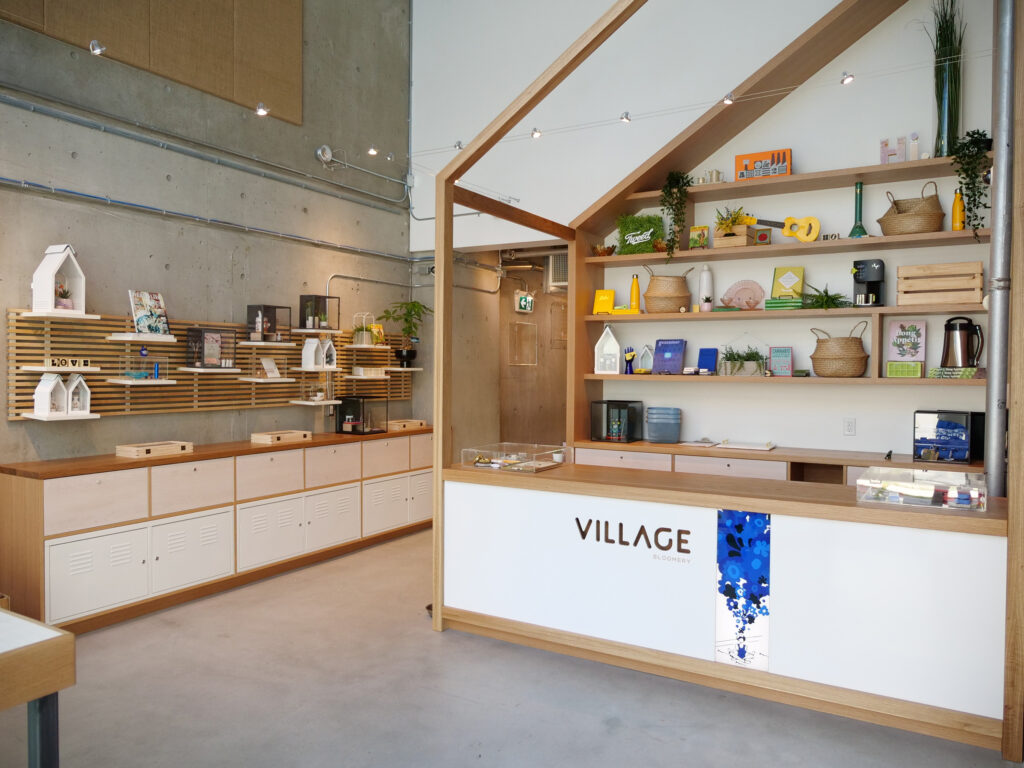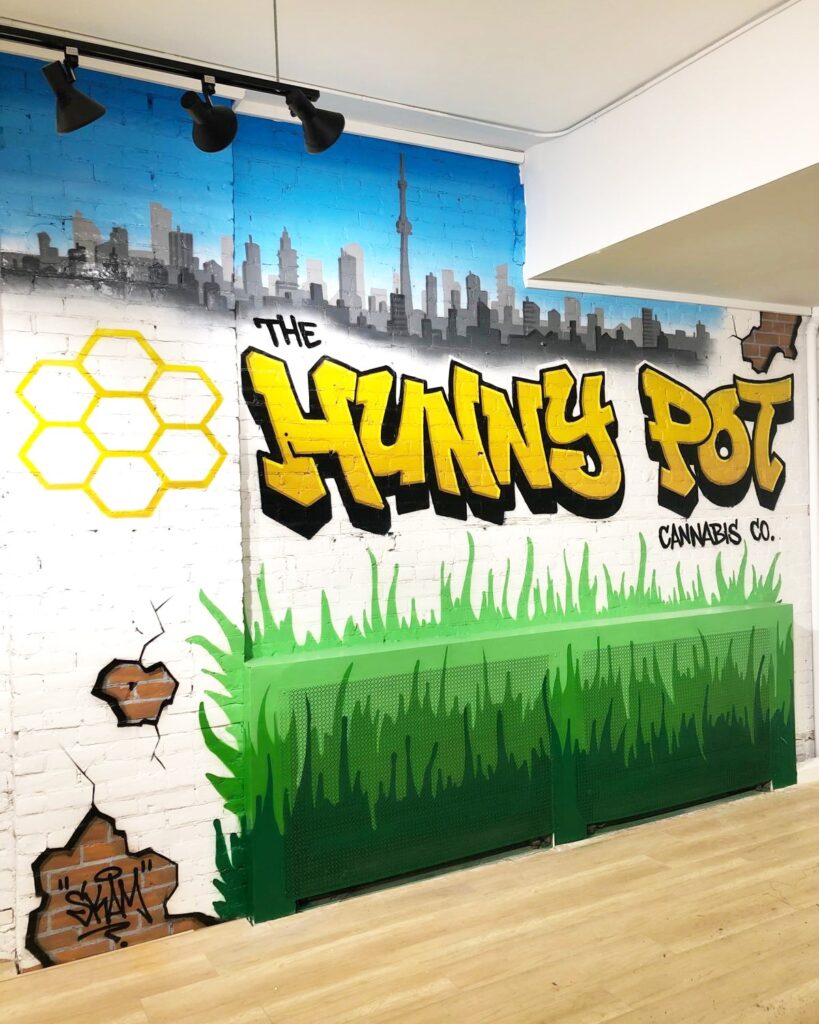
The pandemic has changed Canadian cannabis retail for the better
When the pandemic broke out, Canadians withdrew to their homes and about a million of them became unemployed. In dealing with social isolation and insecurity, many people turned to cannabis to ease their anxiety and depression, or just to relieve boredom.
In addition, the number of licensed retail cannabis stores skyrocketed from coast to coast. With increased access and more idle time from various locks, it was no surprise when cannabis was in high demand. What was surprising was how the pandemic would change the face of the cannabis retail industry forever.
Cannabis use increased 52% during the pandemic
According to a study by the Center for Addiction and Mental Health (CAMH), 52% of existing cannabis users reported an increase in their use during the pandemic.
Retail sales of cannabis rose across the country, particularly in Ontario. Statistics Canada reported that Canadians purchased more than $ 2.6 billion in legal recreational cannabis in 2020, more than double the amount the year before.
In fact, the rise in cannabis use has been so dramatic that the alarm bells rang for some health professionals. “We know that cannabis use has increased since the beginning of the pandemic,” says Dr. Sameer Imtiaz, co-author of the CAMH study. “But Canadians need to use it in moderation because if you use it more often you will run into health problems.”
Private retail has been hit hard by closings while online sales skyrocket
As much as cannabis use has increased in the last year, private retailers haven’t exactly hit the jackpot. Bans, combined with Canadians’ general unease about leaving their homes, led consumers to buy their cannabis online.
In order to limit personal contact in stores, Canadian provinces and territories demanded physical distancing, increased hygiene measures and reduced operating hours.
In some jurisdictions, stores have been temporarily closed for personal service.

The main beneficiaries of this trend have been government retailers; At the time of the pandemic outbreak, most provinces and territories banned private retailers from providing online services.
“Our total sales didn’t grow last year,” said Andrea Dobbs, owner of Village Bloomery, a Vancouver boutique cannabis retail store. “Because of the lean times, we had to cut staff and tighten our belts.”
Cannabis is classified as an essential service by the government
But governments have provided private retailers with a lifeline.
Almost all jurisdictions soon classified cannabis retailing as an essential service – and allowed private retailers to continue operating during the lockdown. Governments also allowed them to develop and launch e-commerce platforms.
Retailers took the opportunity by developing online payment and delivery systems that included roadside collection, home delivery, or both. As their online services improved, consumers returned.

Now that the economy begins to open up again and Canadians are nearing normalcy, governments continue to allow private cannabis retailers to engage in e-commerce.
In fact, at least one jurisdiction recently gave them the green light to expand their online services. In British Columbia, private dealers have offered online ordering and curb pickup for more than a year. Since last month they can also be delivered to your home.
The rise of independent e-commerce and roadside collection
“When the pandemic started, business was down about 70 percent,” says Cameron Brown, communications officer for Hunny Pot, a Toronto-based cannabis retail company, “so we offered roadside pick-up and delivery as soon as it was allowed . ”
Many experts believe that private cannabis retail e-commerce will remain in this country – a development that would give a boost to companies in this space.

That’s not the only way the pandemic could ultimately prove beneficial to private cannabis dealers. Many of them believe that during the pandemic, the provincial and territorial governments effectively helped reduce the stigma long associated with the plant by designating cannabis retailing as “an essential service”.
“The government appointment has moved us from fringe business to indispensable business,” says Dobbs of Village Bloomery. “It’s an integral part of people’s lives.”
Find the silver lining after turbulent times
With lower stigma, the expansion of retail services and the growing number of brick and mortar stores – a development that predates COVID-19 – many players in the cannabis industry are optimistic about the future of the pandemic.
“In two years, the stigma surrounding cannabis will be gone and it will be an accepted part of socializing, just like alcohol is now,” says Brown. “You will also see more retail stores across the country and a greater variety of products.”
The co-founder of Field Trip Health, a psychedelics company that recently conducted a survey in which half of respondents said they increased their cannabis use during the pandemic, says the fight against COVID-19 can and should be a transformative event not just for cannabis industry advocates but for every Canadian who struggled during the pandemic.
“This is a good opportunity to address the ailments and find things that will improve our mental health and our lives,” says Ronan Levy. “There is a silver lining. Any experience in life can be a learning opportunity, and this past year has been a big one. Get an advantage. Don’t let the world go by. “
Randi Druzin
Randi Druzin is a Toronto-based author and journalist. She has worked for several major media outlets, including the National Post and CBC, and has written for dozens of publications including The New York Times, Time Magazine, ESPN The Magazine, and The Globe and Mail.
View article by Randi Druzin
By submitting this form, you subscribe to Leafly news and promotional emails and agree to Leafly’s Terms of Use and Privacy Policy. You can unsubscribe from Leafly email messages at any time.

Post a comment: